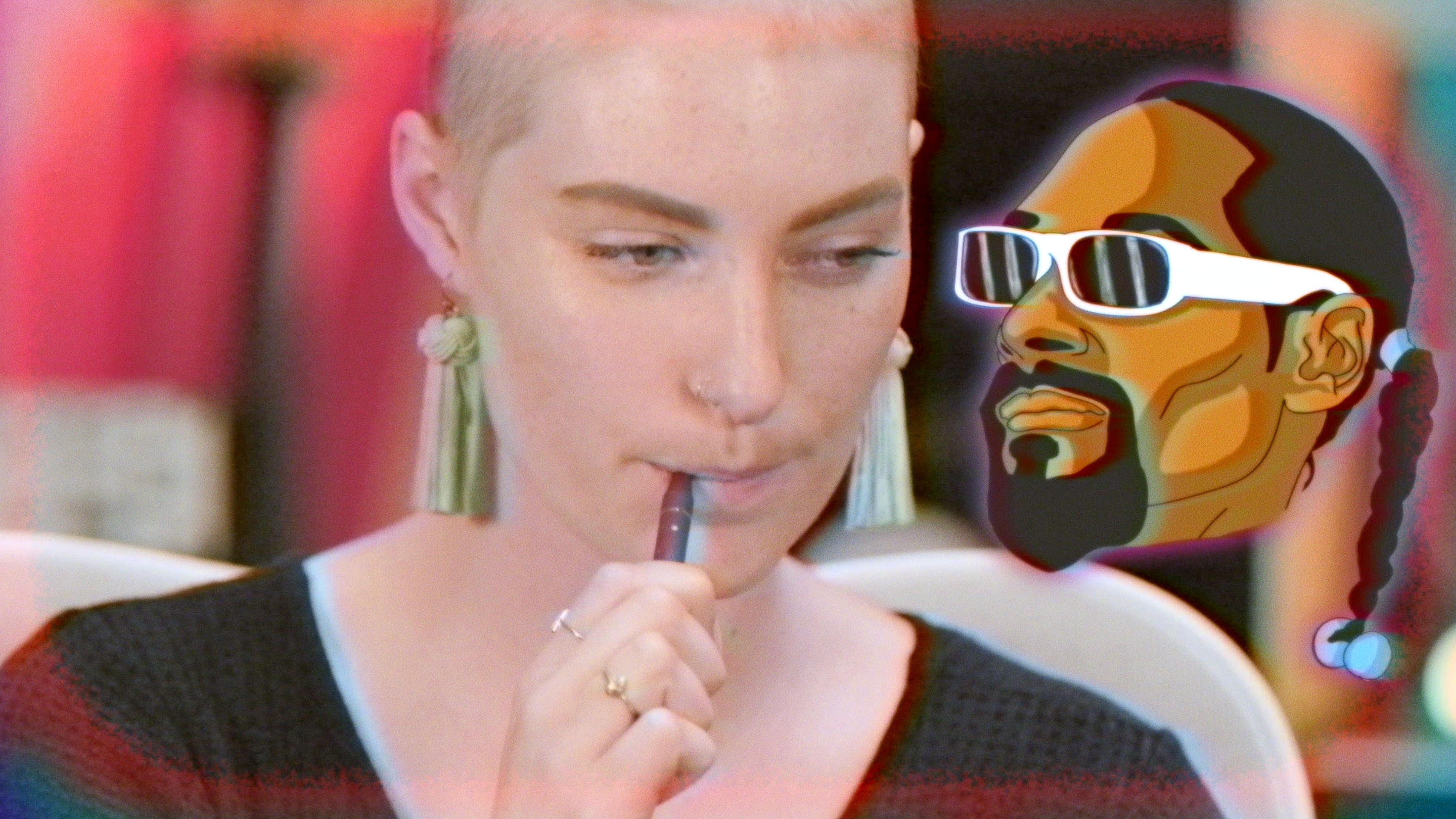It's been a hard couple of months for vape companies and the people who advocate for them, but they finally got some good news this week.On Thursday afternoon, a New York State Appellate court delayed the state's pending flavored e-cigarette policy, which was set to become reality on Friday and would have stripped those products from the market full-stop. The lawsuit was filed by a vaping trifecta—the Vapor Technology Association, or VTA (a trade group); Benevolent E-Liquids Inc. (a retailer); and Perfection Vapes (a New York–based shop)—and was expected to delay a formal decision on the ban until at least the middle of October."We are very pleased with the New York State Appellate Division's decision, which acknowledges the strength of our claims about the State's executive overreach, and which preserves the ability of hundreds of small businesses to remain open and continue to serve their adult customers," Tony Abboud, executive director of the VTA, said in a statement.

Vapers, or at least the people who profit from them, rejoiced. Because even if the small victory is impermanent—a restraining order—it represented the first significant setback to what critics have described as a Drug War–style panic ever since concern over a youth epidemic and health crisis skyrocketed this summer.In addition to vape giant JUUL Labs facing congressional hearings and criminal probes for its marketing practices toward teens, the industry has had to contend with apparently vape-related illnesses and deaths cropping up around the country. Some, though not all, of the fatalities have been linked to a perhaps toxic compound found in THC oil, as opposed to mainstream products like those sold by JUUL. The 18th seemingly vape-related death was reported on Thursday.While it's too early to tell if this legal roadblock in New York will sway public opinion—or, perhaps more likely, influence lawmakers in other states and officials at the Food and Drug Administration (FDA) mulling their own bans—it likely comes as a relief to mom-and-pop style vape shops. Many of these predated JUUL by years, and have already begun to anticipate closure because of local, state, and federal officials' prohibition-minded stances. (The irony, of course, is that any wave of industry consolidation may drive more and more users to the dangerous black market, or back to traditional cigarettes.)Meanwhile, JUUL—partly owned by Big Tobacco giant Altria—was set to gobble up even more market share if bans went ahead, critics warned."It is a good sign for the next hearing," Matt Culley, a popular vaping advocate and YouTuber, said about the New York court's decision. "Also, this may potentially signal to other governors that an executive order might be an overstep."Azim Chowdhury, a prominent lawyer who has represented the vape industry for a decade, echoed that sentiment. Certainly, he said, "this may have an impact on other state and federal courts reviewing emergency flavor bans, where other lawsuits have been filed."Michigan and Massachusetts, for instance—both of which recently enacted their own partial or complete e-cig bans—are facing similar lawsuits. In both states, advocates have been leaning into retail politics as they fight for what they believe is a safer choice than cigarettes. Vape supporters have been protesting close to the statehouse in Boston, and in what looked to be the future pilot of a terrible reality show, local journalists recently followed police around in Westland, Michigan, a suburb 15 or so miles outside Detroit, as they canvassed local vape shops, taking inventory of their very empty shelves to be sure they weren't selling banned flavored e-juices. (The Michigan ban became official this week.)Many vapers and vaping activists see these state and local moves against their preferred smoking alternative as knee-jerk reactions by out-of-touch politicians. In that sense, on Friday, they felt vindicated."While a lot of them use the teen use as part of their decision, the lung illnesses are really the main reason for a health emergency," Culley emphasized. "They're purposely conflating two issues, and this court in New York may not let them get away with it."Sign up for our newsletter to get the best of VICE delivered to your inbox daily.Follow Alex Norcia on Twitter.
Advertisement

Vapers, or at least the people who profit from them, rejoiced. Because even if the small victory is impermanent—a restraining order—it represented the first significant setback to what critics have described as a Drug War–style panic ever since concern over a youth epidemic and health crisis skyrocketed this summer.In addition to vape giant JUUL Labs facing congressional hearings and criminal probes for its marketing practices toward teens, the industry has had to contend with apparently vape-related illnesses and deaths cropping up around the country. Some, though not all, of the fatalities have been linked to a perhaps toxic compound found in THC oil, as opposed to mainstream products like those sold by JUUL. The 18th seemingly vape-related death was reported on Thursday.While it's too early to tell if this legal roadblock in New York will sway public opinion—or, perhaps more likely, influence lawmakers in other states and officials at the Food and Drug Administration (FDA) mulling their own bans—it likely comes as a relief to mom-and-pop style vape shops. Many of these predated JUUL by years, and have already begun to anticipate closure because of local, state, and federal officials' prohibition-minded stances. (The irony, of course, is that any wave of industry consolidation may drive more and more users to the dangerous black market, or back to traditional cigarettes.)
Advertisement
